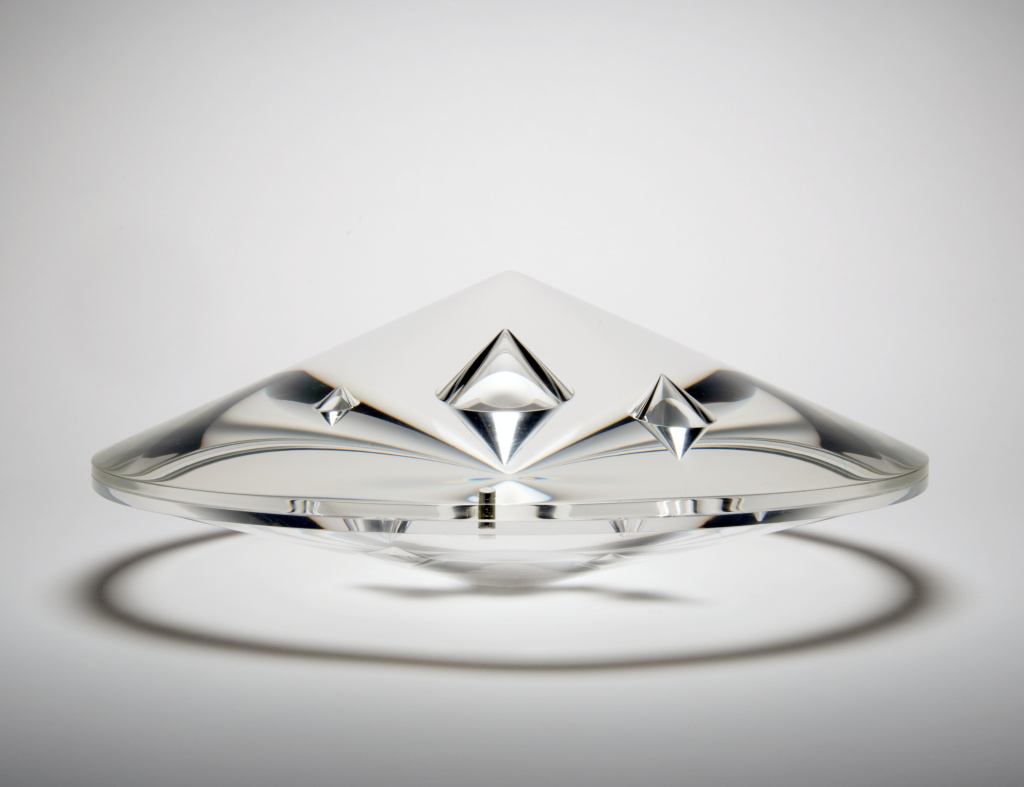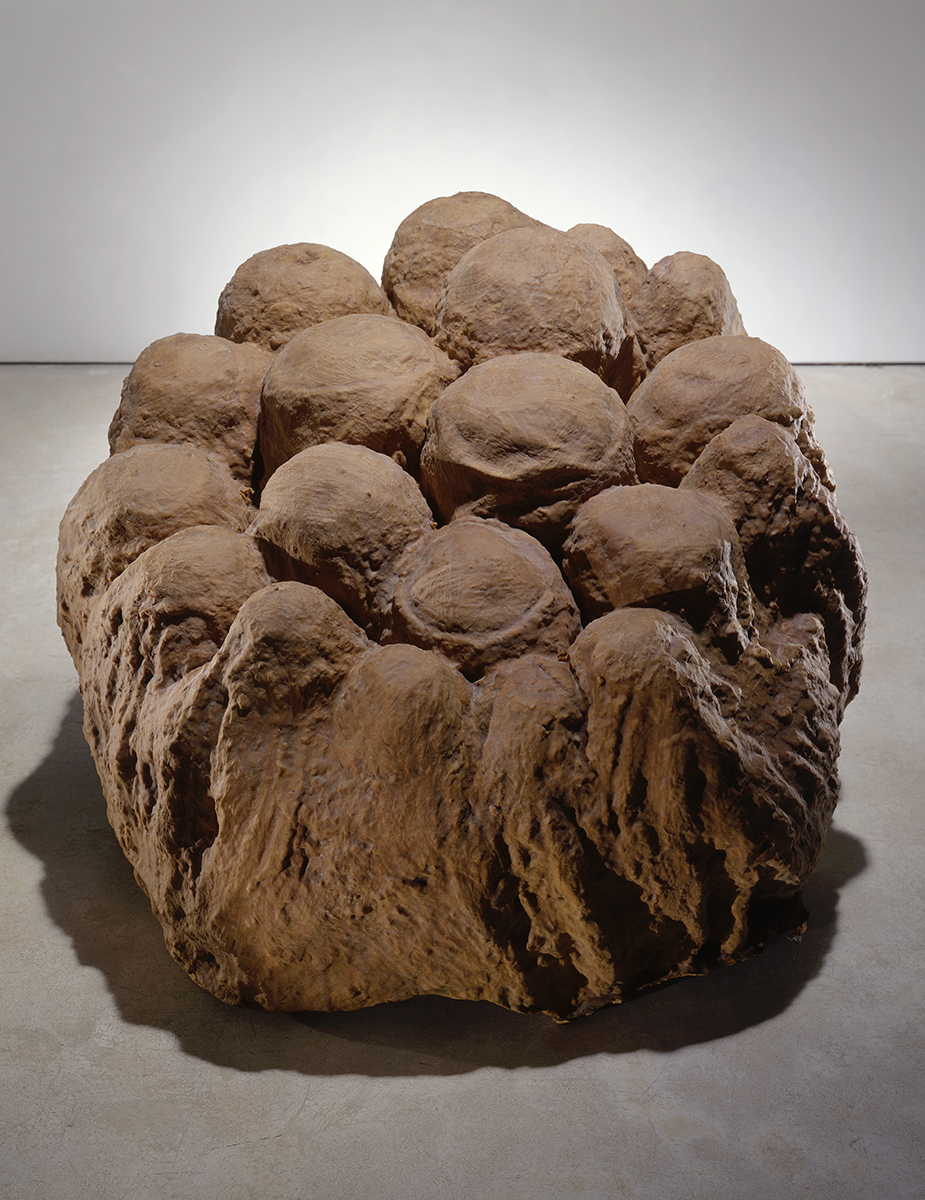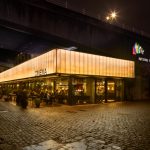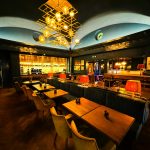

- This event has passed.
Beyond Form: Lines of Abstraction, 1950 – 1970
February 3 - May 6
Free
Event Navigation


The Turner Contemporary presents Beyond Form: Lines of Abstraction, 1950 to 1970, a group exhibition about abstraction as a global language shared by women artists in the post-war period. Curated by Dr Flavia Frigeri, the exhibition collates work by over 50 artists to examine how women pushed boundaries in art during a period of monumental change.
Beyond Form: Lines of Abstraction
In a period where art was mainly a male preserve, Beyond Form looks at the work of women in developing abstract art. The period is one where many women rejected the push to return to domestic work, the artwork portrayed challenged prevailing gender norms and helped develop a political discourse on traditional roles.
The exhibition looks beyond a Western perspective involving works by female artists from Latin America, Asia and Eastern Europe. It will give light to several works that have previously been relatively unseen.
Artists include Louise Bourgeois, Mária Bartuszová, Hannah Wilke, Marisa Merz, Agnes Martin, Bridget Riley and Eva Hesse.


Beyond Form: Lines of Abstraction (1950-70) Review
In curating the exhibition Dr Flavia Frigeri, stated that she wished to go beyond the western canyon and look at the way that female artists used materials traditionally associated with forms outside of art to explore radical abstraction.
Often this has a political aspect. For instance, the exhibition shows how female artists living behind the Iron Curtain used textiles to express themselves. One example of this is Chains by the Polish artist Maria Teresa Chojnacka where she weaves her literal and metaphorical chains using sisal.
The exhibition is split into several rooms each clearly delineated. Thus, the first room goes beyond form looking at the way that the artists challenge the concept that form is permanent and solid. Lygia Clark’s Bichos (creatures) sculptures are made of aluminium with hinges which allow the viewer to literally reinterpret them – although at the Turner Contemporary they are preserved in boxes.
The second room considers the abstract body, including Louise Bourgeois androgynous Avenza. The third looks at the way pieces of are made, while the final room is in black and white.
For Dr Frigeri, one of the most remarkable aspects is the way that the artists sourced their own materials. The 50s and 60s reflected a period of seismic social and political change, but it was also one in which new materials were invented. The advent of plastic to take one example, provided female artists with new materials, releasing them from the need to work with traditionally male materials, such as stone and bronze. This allowed them freedom.
Perhaps the most striking work in the collection is an untitled living sculpture by Marisa Merz, which is made of aluminium tubing and descends from the ceiling. Merz created the sculpture in her kitchen, which was the only space available, and hung it from the ceiling so they could cook and eat. Many of the tubes still carry the grease from the kitchen. Dr Frigeri says this was the anchor to the exhibition when she first conceived of it. It is a truly remarkable piece.
In addition to going beyond form, the exhibition also examines lines – not just in an artistic sense, but in the way that the artists who come from all corners of the globe were linked together in challenging norms and traditions. In many respects, they were the pioneers who broke down barriers so that other female artists could follow. It is a remarkable and important exhibition.
Where Is It?
The exhibition is at the Turner Contemporary, Margate. Exhibitions are free although donations are welcomed. A publication published by Eiderdown Books accompanies the exhibition.
Where Is It?
From 3 February to 6 May 2024.
Main image: Marta Pan, Cylinder 5 (104), 1968, The Syndics of the Fitzwilliam Museum, University of Cambridge, Photograph/s © The Fitzwilliam Museum, University of Cambridge.
Details
- Start:
- February 3
- End:
- May 6
- Cost:
- Free
- Event Category:
- Exhibition
- Topics:
- Art
Venue
- Turner Contemporary
- Margate,KentCT91HGUnited Kingdom+ Google Map
- Website:
- View Venue Website








